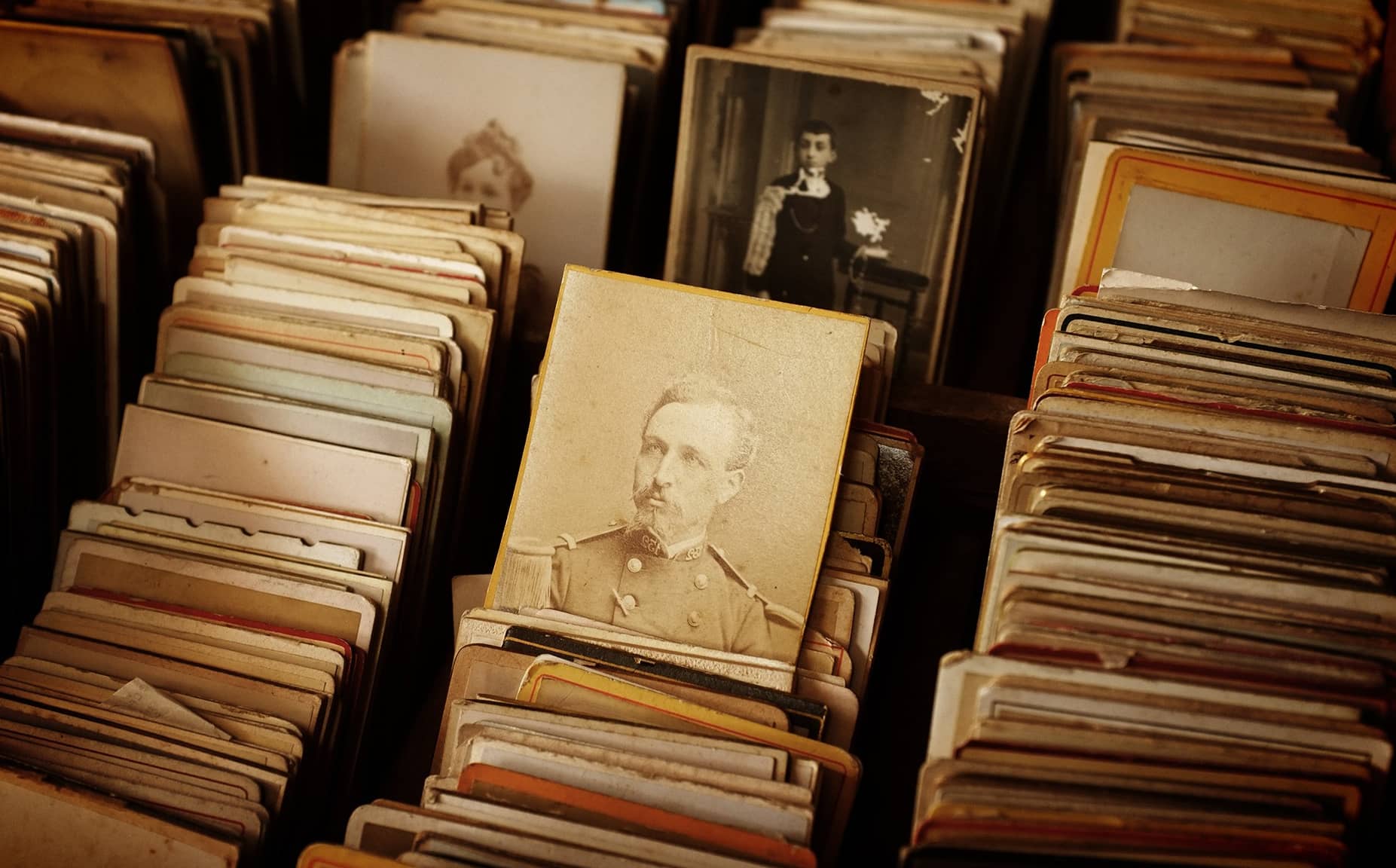
History is full of surprising, quirky, and sometimes mind-boggling facts that can make you see the past in a whole new light. Did you know that Cleopatra lived closer in time to the moon landing than to the construction of the Great Pyramid of Giza? Or that Napoleon was once attacked by a horde of bunnies? History isn't just about dates and battles; it's about the strange and fascinating stories that shaped our world. Whether you're a history buff or just curious, these 30 facts will give you a fresh perspective on the events and people that have defined human civilization. Buckle up for a wild ride through time!
Ancient Civilizations
Ancient civilizations laid the groundwork for modern society. Their innovations, culture, and governance still influence us today.
- The Sumerians invented the first form of writing known as cuneiform around 3400 BCE.
- Ancient Egyptians built the pyramids as tombs for pharaohs, with the Great Pyramid of Giza being one of the Seven Wonders of the Ancient World.
- The Indus Valley Civilization had advanced urban planning, including well-organized streets and sophisticated drainage systems.
- Ancient China saw the invention of paper, gunpowder, and the compass, which significantly impacted global development.
- The Mayan Civilization developed a complex calendar system and were skilled astronomers.
Middle Ages
The Middle Ages, often called the Dark Ages, were a time of significant change and development in Europe.
- Feudalism was the dominant social system, where land was exchanged for military service.
- The Black Death pandemic in the 14th century killed an estimated 25-30 million people in Europe.
- Gothic architecture flourished, with cathedrals like Notre-Dame showcasing pointed arches and flying buttresses.
- The Crusades were a series of religious wars initiated by the Latin Church to reclaim the Holy Land from Muslim rule.
- Medieval universities began to emerge, with the University of Bologna being the oldest, founded in 1088.
Renaissance
The Renaissance was a period of rebirth in art, culture, and intellect, originating in Italy in the 14th century.
- Leonardo da Vinci was a polymath who painted the Mona Lisa and The Last Supper.
- Michelangelo sculpted the iconic statue of David and painted the Sistine Chapel ceiling.
- Johannes Gutenberg invented the printing press around 1440, revolutionizing the spread of information.
- Nicolaus Copernicus proposed the heliocentric model, stating that the Earth orbits the Sun.
- William Shakespeare wrote timeless plays like Hamlet, Macbeth, and Romeo and Juliet.
Age of Exploration
The Age of Exploration expanded the world's horizons, leading to the discovery of new lands and cultures.
- Christopher Columbus reached the Americas in 1492, opening the New World to European colonization.
- Ferdinand Magellan led the first expedition to circumnavigate the globe, though he did not survive the journey.
- Vasco da Gama was the first European to reach India by sea, establishing a direct trade route.
- Hernán Cortés conquered the Aztec Empire, leading to Spanish dominance in Mexico.
- James Cook mapped many Pacific islands and the east coast of Australia.
Industrial Revolution
The Industrial Revolution transformed economies from agrarian to industrial, changing the way people lived and worked.
- James Watt improved the steam engine, which became a key driver of industrialization.
- The Spinning Jenny, invented by James Hargreaves, revolutionized the textile industry by allowing multiple spools of thread to be spun simultaneously.
- The first railway line, the Stockton and Darlington Railway, opened in 1825, marking the beginning of modern rail transport.
- Child labor was prevalent in factories, with children as young as five working long hours in dangerous conditions.
- Urbanization increased rapidly, with many people moving to cities for factory jobs, leading to overcrowded living conditions.
Modern Era
The Modern Era has seen rapid advancements in technology, politics, and society, shaping the world we live in today.
- World War I (1914-1918) involved many of the world's great powers and resulted in significant geopolitical changes.
- The Great Depression of the 1930s was a severe worldwide economic downturn that led to widespread unemployment and poverty.
- World War II (1939-1945) was the deadliest conflict in human history, resulting in the deaths of an estimated 70-85 million people.
- The Moon Landing in 1969 saw Neil Armstrong and Buzz Aldrin become the first humans to walk on the moon.
- The Internet was developed in the late 20th century, revolutionizing communication and information sharing globally.
History's Hidden Gems
History's full of surprises. From ancient civilizations to modern times, countless facts shape our world. Knowing these historical nuggets helps us understand where we come from and where we're headed. Whether it's the Great Wall of China or the moon landing, each event leaves a mark.
Learning about the past isn't just for school. It enriches our lives, making us more aware of the world around us. So next time you hear a historical fact, take a moment to appreciate its significance.
Remember, history isn't just about dates and events. It's about stories, people, and the lessons we can learn. Keep exploring, stay curious, and let history inspire you.
Was this page helpful?
Our commitment to delivering trustworthy and engaging content is at the heart of what we do. Each fact on our site is contributed by real users like you, bringing a wealth of diverse insights and information. To ensure the highest standards of accuracy and reliability, our dedicated editors meticulously review each submission. This process guarantees that the facts we share are not only fascinating but also credible. Trust in our commitment to quality and authenticity as you explore and learn with us.


